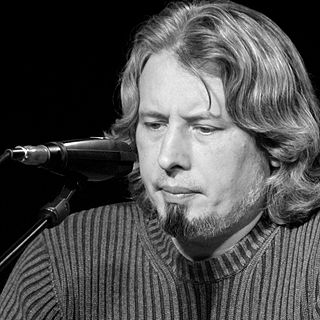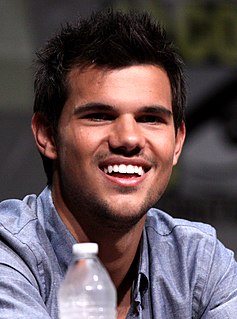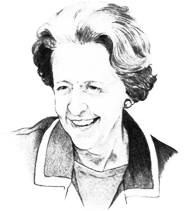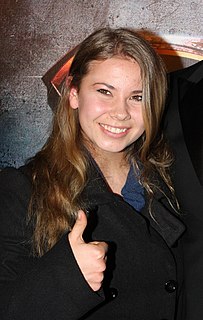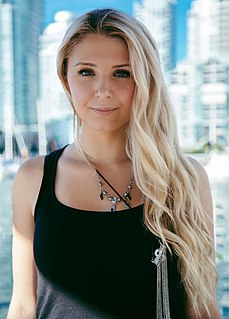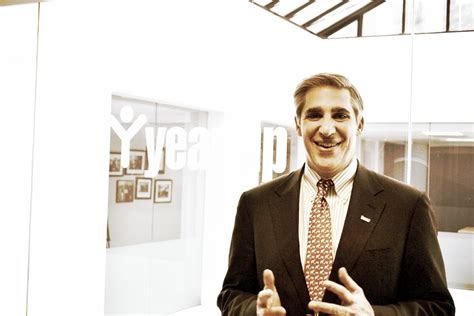A Quote by Frank-Walter Steinmeier
I wish I could say that we Germans have learned from our history once and for all, but I cannot say that when hatred is spreading.
Related Quotes
Light like this does not exist, but we wish it did. We wish the sun could make us young and beautiful, we wish our clothes could glisten and ripple against our skins, most of all, we wish that everyone we knew could be brightened simply by our looking at them, as are the maid with the letter and the soldier with the hat.
I wish that every Latter-day Saint could say and mean it with all his heart: 'I'll go where you want me to go. I'll say what you want me to say. I'll be what you want me to be'. If we could do that, we would be assured of the maximum happiness here and exaltation in the celestial kingdom of God hereafter.

